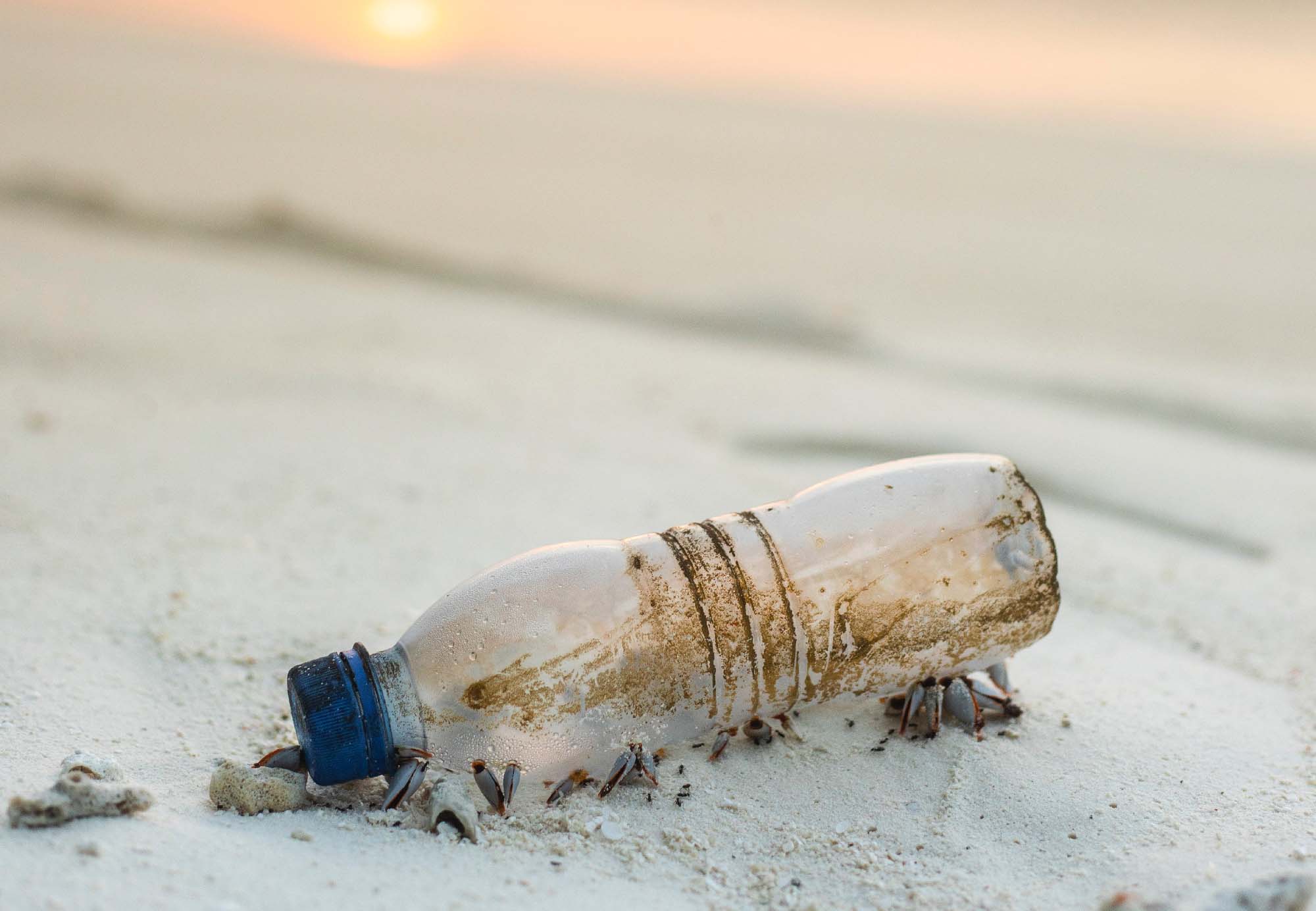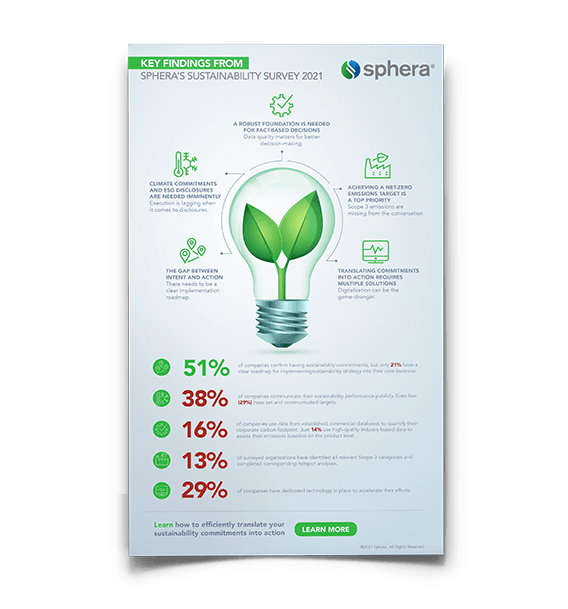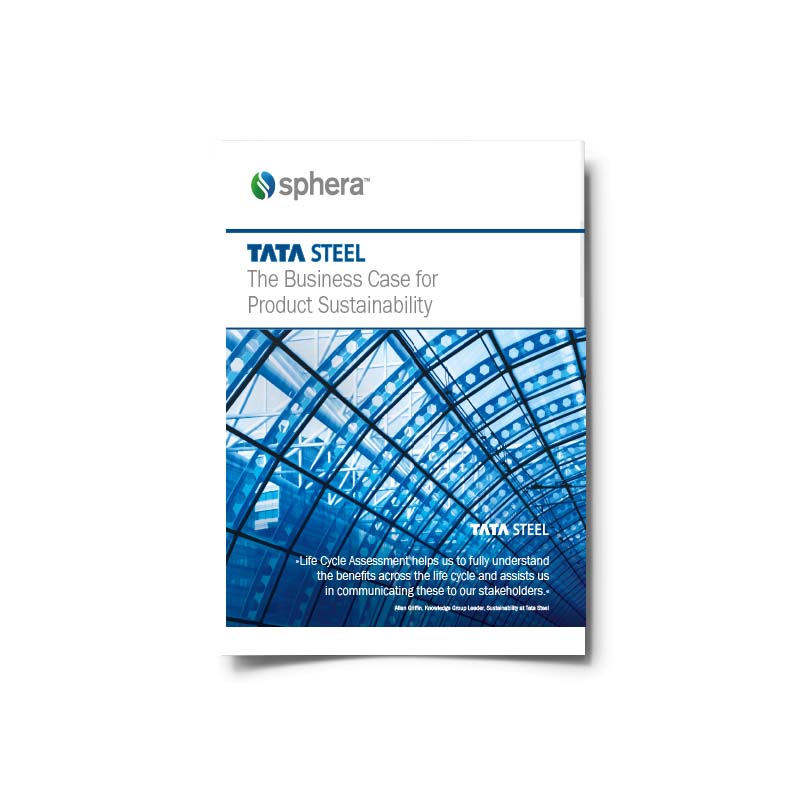Around the globe, pressure on our resources is rising due to population growth and a growing middle class whose level of consumption is increasing. In order to match limited resources with this demand, producers must do more with less. The looming climate crisis and other environmental challenges require businesses not only to be more efficient, but to use resources in a sustainable way.
The March 2020 publication of the new Circular Economy Action plan by the European Commission applies the well-known basic principles of resource use (reduce, reuse, recycle) to these current challenges. Highlighted areas of the plan include electronics, waste, food and packaging, textiles and plastics. Companies need to identify and avoid unnecessary resource use, and they need to better utilize and more efficiently manage existing reuse and recycling streams.
Within plastics recycling, a relatively new set of technologies has been gaining more traction in the past months: chemical recycling. The term “chemical recycling” includes more than one specific technology—it encompasses many ways of closing the loop. Chemical recycling falls between the disposal method of incineration, which aims at maximum utilization of the stored energy in material, and mechanical recycling, which leaves the macrostructure of a plastic intact, mainly through shredding and remelting a sorted fraction of a specific polymer.
Chemical recycling, on the other hand, includes processes like pyrolysis, hydrolysis and gasification, among others. Chemical recycling processes aim at closing the loop by breaking down the plastics into their monomers or delivering gases and condensates that can be fed into the existing chemical processing streams of big chemical plants around the globe. With chemical recycling, manufacturers can produce high performance plastics with virgin-equivalent quality (e.g., for food contact approval).
Chemical industry associations, like Cefic and PlasticsEurope, promote chemical recycling, and many chemical companies have already started looking into these new technologies together with developers and startups. Recycling companies have already formed a dedicated association, ChemRecEurope, in Brussels, lobbying the public and legislators for greater acceptance within the existing disposal and recycling landscape.
But how should we determine which of the chemical recycling technologies to apply to particular plastics? And why should we apply them at all when mechanical recycling is already a proven solution? In which cases will chemical recycling reduce the overall impact on the environment while still closing the material loop and avoiding the need for virgin resources?
These questions are important, especially now, during the development, demonstration and piloting phases of new technologies within chemical recycling. One proven, trusted and globally standardized way to analyze and assess products and processes with regard to their environmental impact is Life Cycle Assessment (LCA). A Germany-based environmental NGO recently called for companies to carry out standardized Life Cycle Assessments on all chemical recycling facilities to determine the impacts on the environment, such as on emissions and on the availability of resources.
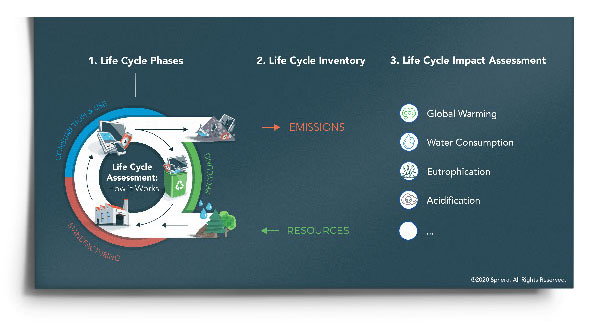
Sphera’s sustainability consulting division is the globally recognized expert in the field of LCA, having worked with leading companies and institutions in all sectors for more than 30 years. With their leading LCA software and its respective databases, Sphera is generating insights and solutions to guide companies, governments and organizations toward a more sustainable world.
Building on Sphera’s expertise and network, several leading companies in the field of chemical recycling are working together with Sphera to assess the environmental impact of chemical recycling and to determine how to steer innovation in the right direction.
- ARCUS Greencycling, a chemical recycling developer, conducted a screening LCA with Sphera and utilized its expertise in communicating the results with the legislative stakeholders. ARCUS Greencycling is a member of the European Association on chemical recycling ChemRecEurope.
- Polygenta Technologies Limited (PTL) is a leading manufacturer of PET chips and polyester yarns, using post-consumer PET bottles (p-cPET) as its primary feedstock for a patented proprietary process, the ReNEW™ process. Together with Sphera’s colleagues in India, PTL gained insights into their innovative process through LCA, comparing the environmental impact of their recycled products to the equivalent virgin products.
- ChemCycling™ is the initiative for chemical recycling at BASF, the largest chemical company in the world. Building on more than a decade of supporting BASF in its efforts to create more sustainable processes and products, Sphera conducted 3 LCA case studies focusing on the evaluation of pyrolysis and the production of chemically recycled plastics.
In the past, LCA was mainly used on linear systems. A linear system (from cradle to grave) follows a take-make-waste way of thinking. In such a system, companies can conduct an LCA by assessing all the impacts in each life cycle stage and summing them up. So comparisons between products from different producers or produced via different processes are fairly straightforward.
Applying LCA on circular systems, including the chemical recycling technology, comes with challenges and methodological questions. In circular systems, especially when linking processes between one life cycle and the next (as is done in chemical recycling), comparing systems is more challenging. Chemical recycling includes a variety of different technologies and therefore different types and grades of intermediates, recyclate qualities and product applications. A direct comparison between those systems, without agreement on certain methodological choices, like system expansion or differential approaches, is not as straightforward as one might hope.
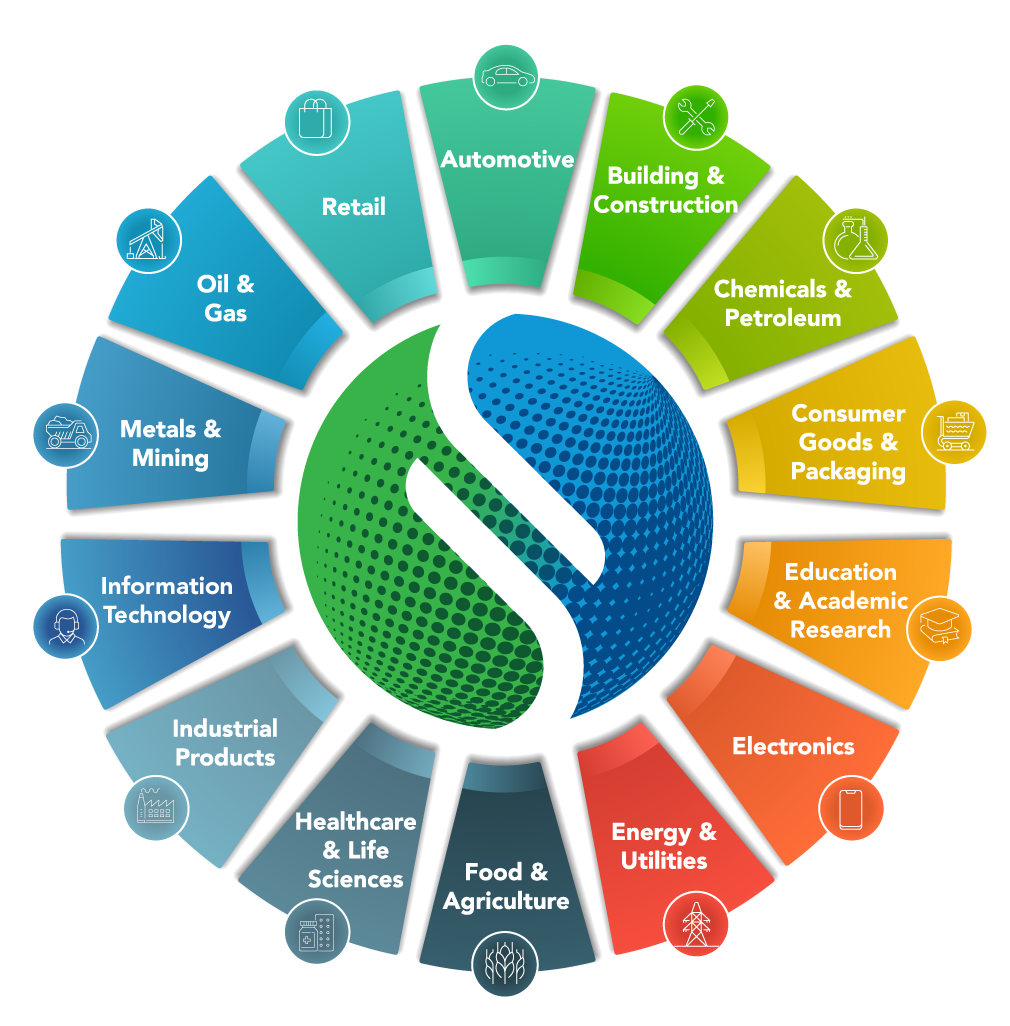
It is not yet uniformly agreed upon as to how to set the system boundaries for chemical recycling systems and new products made from chemically recycled substances. It is also important to determine which LCA approach companies should use for chemical recycling. Should a company focus on the removal of waste compared to other disposal methods, such as incineration or mechanical recycling? Should a business look at it from a product-use perspective and compare the chemically recycled feedstocks/products with their conventional virgin counterparts?
So far, we have made the challenge of creating a unified approach to LCA implementation for chemical recycling systems more transparent. The respective players, the growing industry and the market for chemical recycling need to come together to solve this challenge.
Sphera looks forward to supporting the assessment of chemical recycling from multiple angles and continues to help its client base in unifying valid and credible approaches for conducting LCAs on these new technologies.

